11 Typical Reasons Your Generator Won’t Start: Tips & Fixes
-
Codee Chessher
- Last updated:
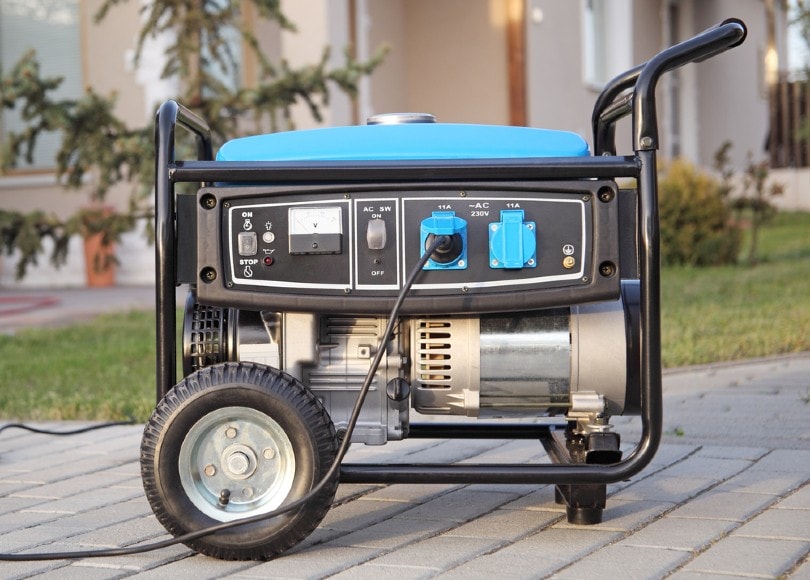
Generators are essential equipment for emergencies and natural disasters, supplying you with power when you can’t rely on the power grid. However, it can be stressful when your generator won’t start. The good news is that it’s fairly simple to diagnose the problem. Let’s check out the most common causes of a generator not starting and how to remedy them.
The 11 Typical Reasons Your Generator Won’t Start
1. Bad Spark Plug
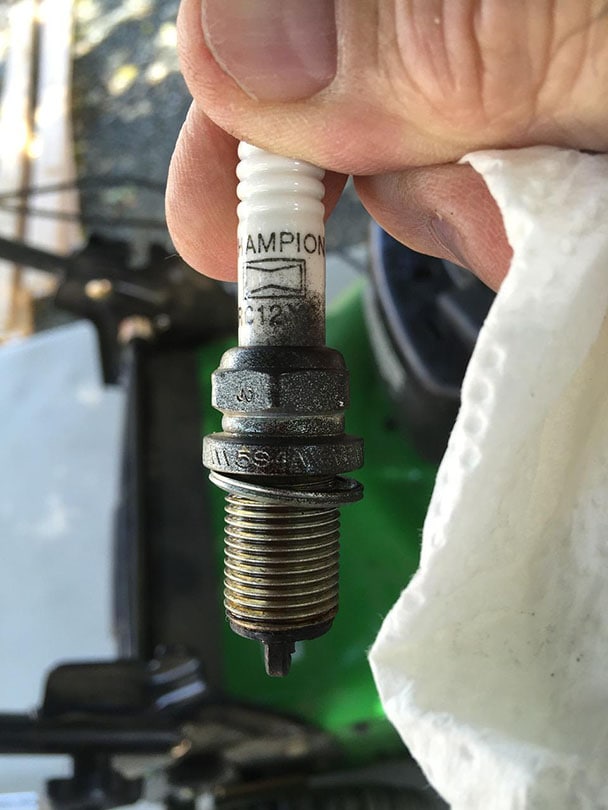
Dirty or damaged spark plugs are a common problem that may cause your generator to not start, though it’s pretty easy to check and subsequently fix. Remove your spark plug and inspect it for black carbon buildup, which accumulates over time. You can scrape this debris off with a knife, then check it to see if that fixed the issue.
Hold the spark plug’s body to the generator’s engine crankcase while pulling your recoil starter. A blue spark means the spark plug is good, while no spark or a weak spark indicates it should be replaced.
2. Low Oil Levels
Like any machine, generators rely on oil to lubricate their parts and work properly. When there’s not enough oil in the engine, it can prevent the generator from starting normally. Ignore your finicky low oil sensor and check the oil with a dipstick to see if the oil level is normal or low. If it is low, refill according to your generator’s instructions.
3. Clogged or Air-Locked Carburetor
This is the usual suspect when your generator has sat for an extended period of time without being run, especially if you didn’t drain the carburetor. Old, stale gasoline can sit in the carburetor and form clogs that prevent new fuel from circulating.
To fix this issue, turn off your fuel valve and open the carburetor drain by removing the bowl underneath. If no old fuel comes out, look in the drain and see if it’s clogged. If so, clean the blockage out of the main jet with a nail, needles, or pin.
4. Plugs Are Attached While Starting
Most generators won’t start while there are plugs attached. This is because it has to start and stabilize its power output, and having cords plugged in can overload the generator. Make it a rule of thumb to always disconnect any extension cords or other plugs from your generator’s outlets when you’re finished running it.
5. Choke Needs Adjustment

If your choke is in the wrong position, your generator’s engine won’t be able to adjust its airflow. Cold engines need the choke completely closed to start, while warm engines should have a half-open choke. Once the engine starts and warms up, you can fully open the choke. The most common location for your choke control is beside the air filter on the side of your generator.
6. Clogged Air Filter
If your generator’s air filter is clogged, sufficient air won’t be able to reach the carburetor to spark the combustion process. Make it a habit to check your generator’s air filter every time you run it. To check if it’s dirty or clogged, open the air filter on the side of the generator. If it’s dirty, you may be able to clean it with a damp cloth. If it’s beyond saving, opt to replace it as soon as possible.
7. Low Fuel Level
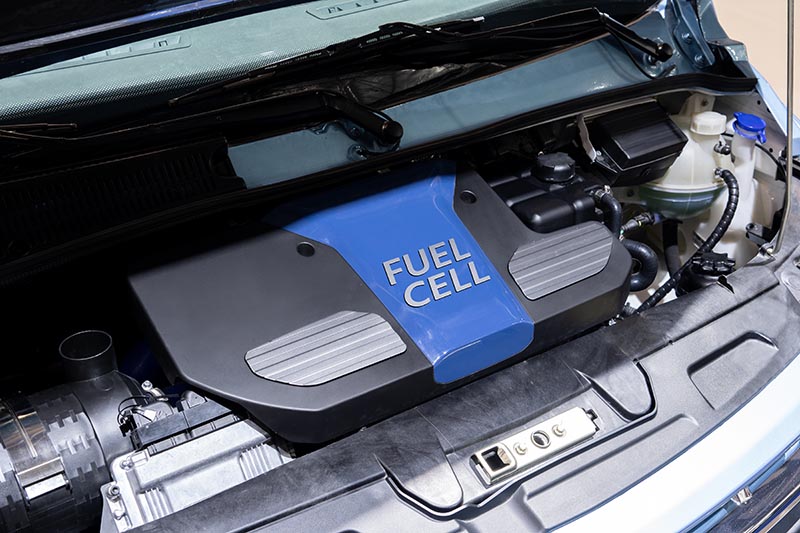
As with any engine, if there’s not enough fuel in the tank, your generator won’t start. As such, this should be one of the first things you check when your generator won’t start. Old or stale gas may also be the culprit. Drain the fuel tank any time you’re going to store the generator for more than six weeks. For propane-powered generators, check the tank’s fuel level periodically and refill as necessary.
8. Dead Battery
Most generators these days have electric starters that run off a battery, so the generator won’t start when the battery is dead. To confirm that the battery is your problem, try charging the battery with a 12-volt DC charger or use jumper cables to give it a jump with your car. If in doubt, consider replacing the battery altogether. If it still won’t start, the problem isn’t the battery.
9. Clogged Fuel Valve
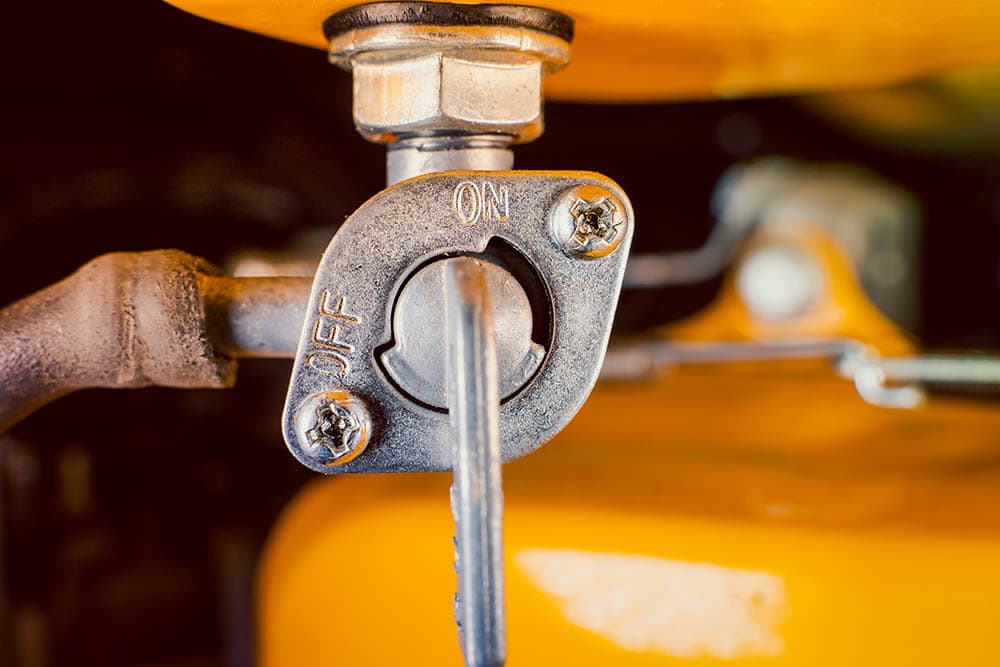
Clogged fuel valves are common in generators that also have clogged carburetors. First, make sure that the fuel valve and vacuum relief valve are open. Remove the outlet hose from the intake side of your fuel valve and confirm whether the fuel freely flows or not. That can signal a clog in either the fuel line or valve.
10. Faulty Low Oil Sensor
Low oil sensors on generators are useful but can fail just like any other mechanical component. Namely, a malfunctioning sensor can tell the engine that there’s not enough oil to start even when there is. Other causes can be if the generator is on uneven ground, where the oil shifts, and if the sensor can’t accurately gauge it. To check if the sensor is faulty, disconnect it and try starting the generator. If it starts, the sensor was the culprit.
11. Engine Requires Repair
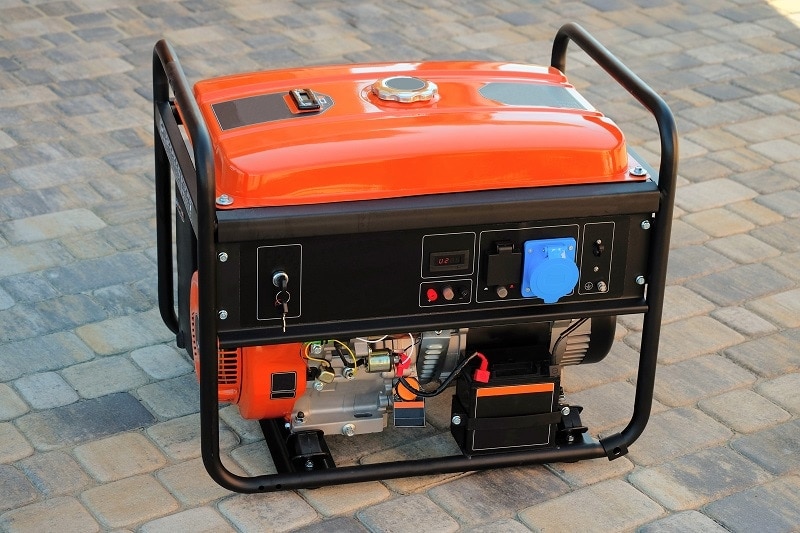
If you’ve checked everything on this list to no avail, it’s possible your generator is damaged too badly to repair yourself. Consider sending the generator back to the manufacturer if it’s still under warranty or call a professional mechanic who’s experienced with generator engines.
Conclusion
Generators are lifesavers (sometimes literally) in situations where your power goes out, but they’re also prone to their share of problems. Before giving up on your generator that won’t start, try to see if one of the causes listed above is the problem.
Featured Image Credit: canoniroff, Shutterstock
Contents
